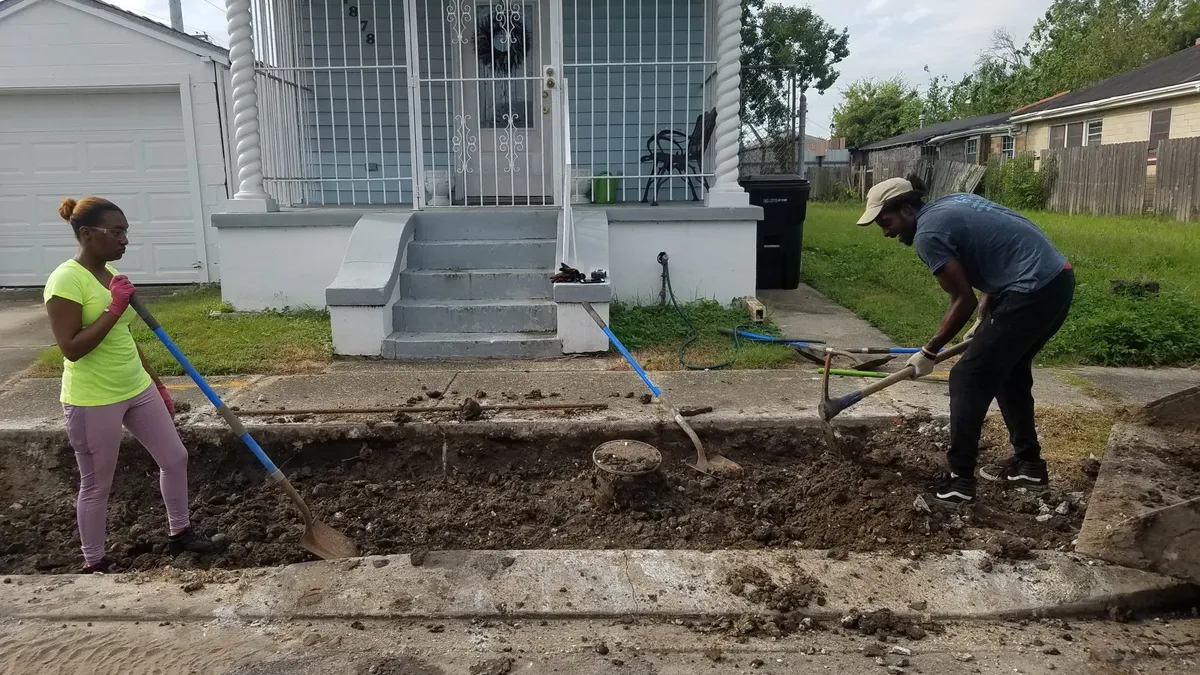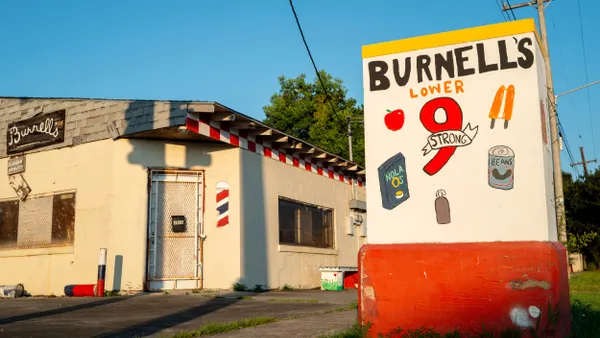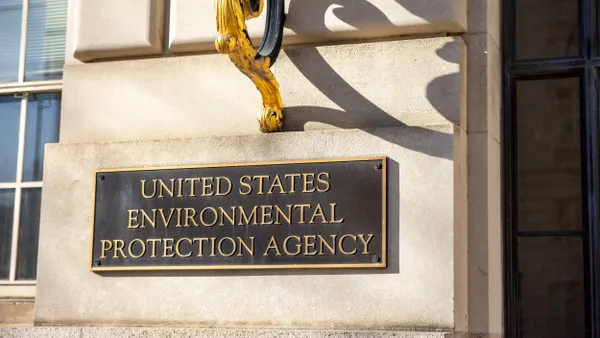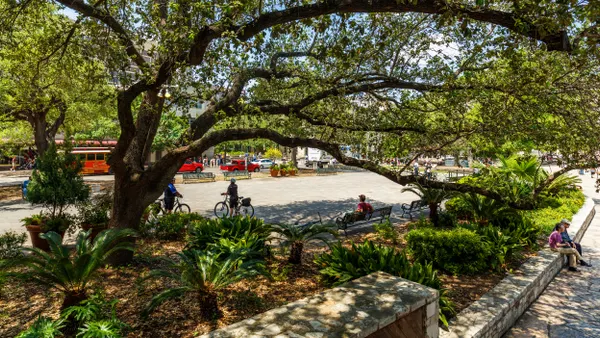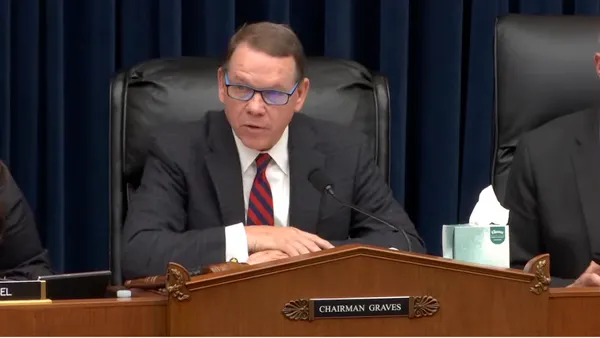The 100-year old Kresge Foundation owes its existence to Sebastian Spering Kresge, founder of the S.S. Kresge retail chain, which evolved into today’s Kmart. The Detroit-based philanthropy’s initiatives include its American Cities program, which supports efforts to help cities advance equitable climate action in energy, health and water systems, and its social investment practice, focused on making capital available for neighborhood-level efforts in communities of color and underserved communities.
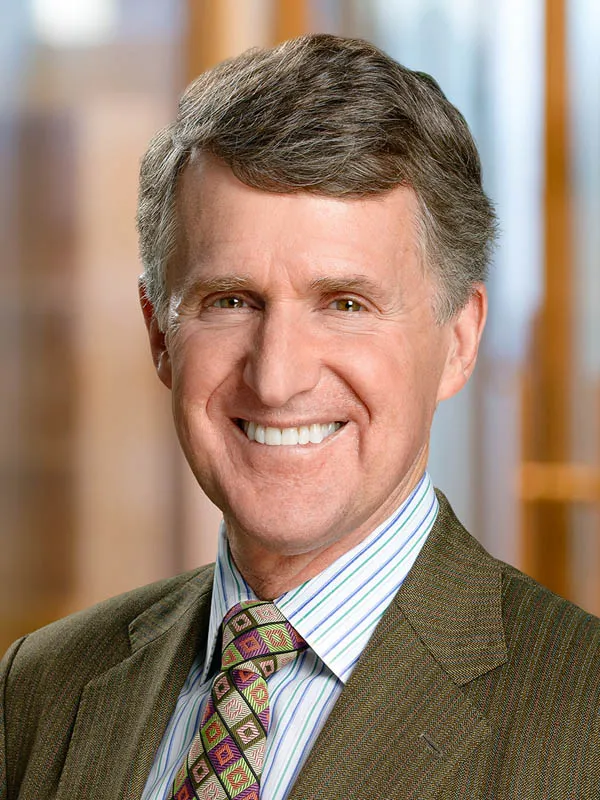
Smart Cities Dive spoke with Rip Rapson, the foundation’s president and CEO, to learn more about how it and other foundations — and The Kresge Foundation in particular — work with cities. Rapson is a former deputy mayor of Minneapolis and previous president of the McKnight Foundation. Since 2006, he has led The Kresge Foundation, which invests more than $160 million annually in addressing urban challenges.
Editor’s note: This interview has been edited for clarity and brevity.
SMART CITIES DIVE: With all of the federal grant money currently available, why should cities think about working with philanthropies?
RIP RAPSON: Even in the presence of these waterfalls of federal dollars, there's still a role for discretionary dollars and risk capital and [support with a] longer-term perspective. Think about the power of place-based philanthropy and how in many of these communities, local philanthropies really are trying to carve these different sorts of capital flows, are trying to experiment with different kinds of transportation work, different kinds of green-blue infrastructure, different kinds of community engagement. Philanthropy has a privilege to think about the intersection among those things.
Where does your foundation fit in?
We fit in a sort of an unusual niche. One is that we are both local and national.
Our approach tends to be rooted more deeply in community development than most other foundations, but we also have a classic environmental program. When we work locally, we try to have lots of conversation with all the pieces of community about what would be most helpful. Our lens tends [toward] low-income communities.
How do you work with cities?
What we've tried to do over the last six or seven years is to say we're really going to focus … more on cities. What does it take for us to help fortify the basic building blocks of community life in a Detroit or a Memphis, [Tennessee], or a Fresno, [California], or Baltimore, [or] wherever it is? And the advantage is that we can both develop some place-based, contextual expertise, and we know the political players.
So if there are tough issues that the public sector just doesn't have either the desire or the ability to convene in a way that's seen as impartial and not pushing an agenda, it's actually a perfect role for philanthropy.
What we've been doing [is] essentially program-related investing … that supports our programs. So if we want to do solar [plus] storage in Puerto Rico, we can do a series of things. We can make them a grant, but we can also make loans, and we can also underwrite the local [Community Development Financial Institutions Fund] and capitalize them to help make loans.
The foundation also works with community organizations and nonprofits. What types of projects would interest you?
Someone who wants to build a new organization to do something different. We can invest in that kind of capacity-building. Think about whether there aren't places like community commons, local parks, walkways, riverfronts, things that for whatever reason aren't being attended to. Think about smaller scale stuff that that philanthropy might be interested in.
It's these relatively little $50,000 grants to neighborhood organizations that want to do a community mural, that want to get a youth play park, want to upgrade a basketball court. Small stuff makes all the difference in the world.
What would you want to tell cities about how they can work with philanthropies?
Rather than thinking of them as this sort of gilded ATM machine that you can access if you figure out the code somehow, just try to understand them. Try to understand where it is they work at a local level. Go on their website, figure out what they're doing, try to figure out whether there are people you might talk to, and then talk to some of the grantees. When you're dealing with local foundations, ask for information interviews, sit down with program officers, invite them to lunch. If you've got a really interesting idea, come talk to philanthropy about it. It's not so crazy [to think] that we would invest in that.



